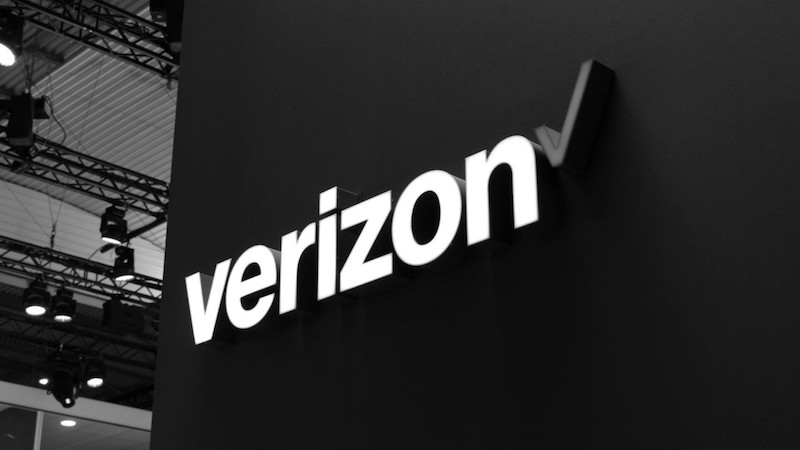Dow 20,000 in Sight
by Brad McMillan, CIO, Commonwealth Financial Network
I remember when the Dow Jones Industrial Average hit 10,000, both going up and going down. It was a lot more fun going up, especially the first time. The index is now approaching double that level—Dow 20,000. If we get there, it should be exciting.
Will we hit it?
Probably, and quite possibly by the end of the year. Dow 20K is just over 2 percent (or 400 points) away. With about two weeks of 2016 left to go, it’s certainly doable. We’ve had a couple of 200-plus-point days, and there’s no reason we might not see at least two of them toward the end of the year. With sentiment positive, consumer confidence growing, and a Santa Claus rally well under way, Dow 20K looks like a very reasonable bet.
The bigger question is whether it makes sense. In the short term, from a technical and market action standpoint, the answer is absolutely. With retail investors positive, seasonal factors favorable, and institutions and fund managers potentially trying to catch up and look good at the end of the year, buying is very likely to continue. Markets are at all-time highs, and there is no overhead resistance to slow them down.
The upward trend is clear, and the only thing that could derail it is a massive change in sentiment. With the economic news continuing to surprise to the upside, that doesn’t look likely.
From a fundamental perspective, although valuations are high, increasing consumer confidence has historically pushed them even higher. Corporate earnings are starting to grow again, and may very well accelerate, which has also boosted valuations historically. Finally, with the very real prospect of corporate tax reform, it’s possible that earnings might come in even better than the current economic fundamentals would suggest, due to lower tax rates. Valuations might end up looking lower than they now seem, leaving more room for market gains.
What next? Sustained rally possible
Dow 20K is looking increasingly probable by the end of the year, but what happens after that? Do we hit the milestone and fall back, or move even higher?
Given the improvement in earnings, as well as the possibility of lower tax rates, any rally should be sustained. The first time the Dow cracked 10K, for example, it was followed by gains of almost 20 percent over the next year. Momentum tends to sustain itself, and the same energy that breaks 20K may continue for some time afterward.
Eventually, of course, that momentum may subside, and then high valuations again come into play. That often coincides with the broader economy moving into a recession. Right now, however, the economy looks to be accelerating, not slowing down. Given that acceleration, and the improving consumer and business confidence supporting it, we could be on the edge of a virtuous economic cycle of a kind not seen since the mid-2000s. Hitting a nice round number, like Dow 20K, could help jump-start that cycle.
There are certainly risks out there, and nothing is guaranteed, but both the economy and the markets are looking increasingly positive. Part of a normal cycle is a strong movement upward in the stock market, and we may just be getting to that stage.
Let’s enjoy the ride while it lasts!
*****
Brad McMillan is the chief investment officer at Commonwealth Financial Network, the nation's largest privately held independent broker/dealer-RIA. He is the primary spokesperson for Commonwealth's investment divisions. This post originally appeared on The Independent Market Observer, a daily blog authored by Brad McMillan.
Forward-looking statements are based on our reasonable expectations and are not guaranteed. Diversification does not assure a profit or protect against loss in declining markets. There is no guarantee that any objective or goal will be achieved. All indices are unmanaged and investors cannot actually invest directly into an index. Unlike investments, indices do not incur management fees, charges, or expenses. Past performance is not indicative of future results.
Commonwealth Financial Network is the nation's largest privately held independent broker/dealer-RIA. This post originally appeared on Commonwealth Independent Advisor, the firm's corporate blog.
Copyright © Commonwealth Financial Network












